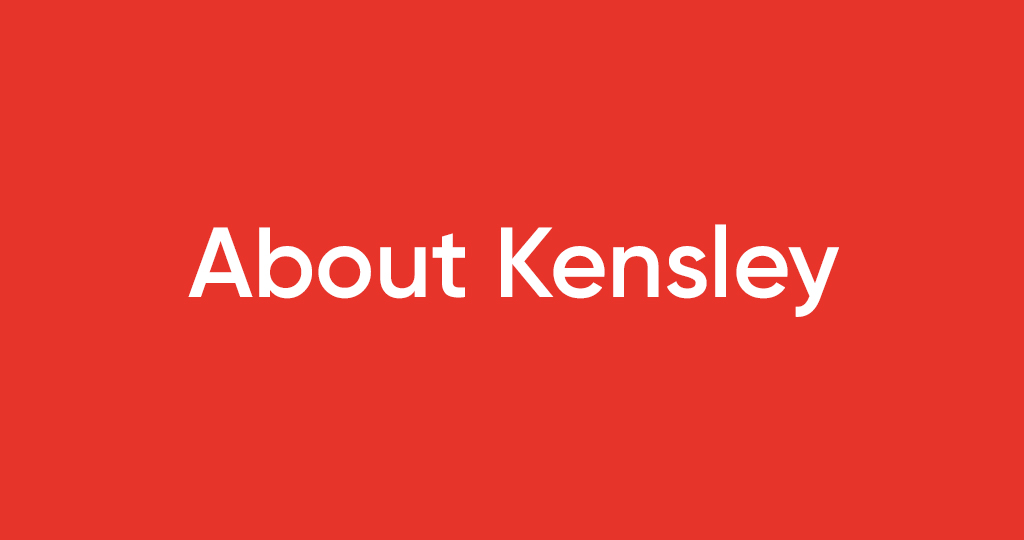Following the event, we’ve compiled a comprehensive Q&A session featuring questions posed by our engaged audience and expertly answered by Rune himself. Gain further clarity on key topics discussed, uncover additional perspectives, and deepen your understanding of the intricate landscape of AI. Join us as we continue the conversation and expand upon the valuable knowledge shared during this enlightening webinar.
Q&A Session
Question: What are the implications of AI on agriculture, mostly livestock, in the future?
Answer: I’m not an expert in agriculture or animal husbandry but I’m aware that farming is
already very computerised and I’m certain that AI will have an impact on all industries. I have
heard anecdotes about specific cattle diseases that are characterised by abnormal gait or
postures. As AI is often good at picture/video processing it might be trained to draw attention to
animals that do not have normal gait or postures. If this information is coupled with other data
on the animal, e.g. age, gender, it could help the farmer and/or veterinarian to focus attention on
these animals. This is not likely to replace any of these human roles but could guide them to
potentially sick animals, and thereby reduce the time it takes them to identify and treat the
animals.
Question: As a lecturer what are the AI assisted tools I can use to assist me?
I’m not a full-time lecturer or an expert in education tools but in my own learning experiences I
have used, or been subjected too, a few AI tools, the most notable are Duolingo and Turnitin.
Duolingo, or other language apps, already use speech recognition and it is likely they could be
extended with advanced grammar and other language features in the future. Automatic
plagiarism checking tools such as Turnitin already exists and tools for evaluating the likelihood
of AI generated text are rapidly becoming popular.
Question: What would be your tips for switching career from Electrical & Electronic
Engineering to AI/Data Science/ML?
This is a great question, as it could be asked for any move into AI, regardless of the current
career specialism. Whether you are coming from engineering, construction, agriculture, or
something else, AI will, in my opinion, need those skills. As I said in my keynote speech in the
webinar, all AI projects require the collaboration of specialists in different areas. There will be
many AI problems to solve engineering challenges and those will need engineers, construction
challenges that needs builders, agriculture projects that needs farmers etc.
I don’t have a background in electronic engineering, so I don’t have a deep understanding of the
skill set that is taught there. Also, as with any other disciplines, the skills and experiences of
each individual are different so there is no one-size-fits-all transition path between the two
specialisms. However, AI projects that involve robotics or other electronic hardware will
naturally require the collaboration of specialist engineers. Using your electrical skills and
knowledge could be a great way to be involved with AI projects. The Data Science and ML skills
are only part of the whole AI solution. However, if you want to expand your knowledge in these
areas then I suggest you find ways to combine it with your existing electronic engineering skills.
Kvaser Consulting Limited
Question: What is the role of AI in HR functions?
I’m not an expert in Human Resource functions but I am aware that this covers a very broad
range of tasks and responsibilities, such as recruitment, employee training and many others.
Many of these areas already have advanced algorithms. In the area of recruitment AI is already
used to screen the CVs of applicants against role specification, and this use is likely to expand
with better matching. There are also already stories in the press about interviews with
candidates being screened by AI algorithms for facial expressions. The human interviewer can
then decide to ask more questions in areas where the candidate is evasive. There are likely to be
many other use-cases for AI but I don’t think they will replace humans, just help them to quickly
direct their attention to areas that are flagged by the algorithms as remarkable in some ways.
Question: How can we incorporate Gen-AI to enhance our day-to-day work, to make work
easier and more efficient for us?
Answer: This is a great question. It is one that literally thousands of visionaries and
entrepreneurs are trying to answer. Those that succeed in finding the more impactful and
profitable applications, and successfully implementing them, will be featured as a Top 10 Most
Influential or Top 10 Most Successful business leader. If that is what you aspire to, then ATHE’s
qualification and Kensley’s teaching will give you the technical knowledge to design and build it
– but you’ll need to find the serendipitous moment of inspiration yourself, to answer the
question of what you should build.
Question: Are there any ways of generating revenue with these technologies other than
what people are always doing (e.g.: creating extensions for gpts or creating variants of
gpts, geared towards some specific usecase), specially from a data analytics perspective?
Answer: Just as the previous one, this is a great question. There are many people that are
adapting AI technology in similar ways but finding a novel approach is much more difficult.
Education will give you the technical knowledge to design and build it – but you’ll need to find
the serendipitous moment of inspiration yourself, to answer the question of what you should
build.
Question: How we can determine the quality of a data set, is there any framework that you
use for it?
If you want to improve the quality of your data, then I highly recommend that you look at the
Data Management Body of Knowledge (the DAMA-DMBOK 2
nd edition was published in 2017 and
is available from Amazon) which is an industry leading framework for data governance. This
includes best practices for a range of areas, such as data security, modelling and design, data
architecture, and data quality management. The data quality part of the framework covers
roles/responsibilities, dimensions and taxonomies to classify data quality, and typical causes of
bad quality and many other topics. I suggest that this would be a great place to start on
documenting, improving and imbedding data quality in your organisation.
Links to the case studies
Case Study of Alibaba/Retail Industry
Case Study of KPMG/Financial Services Sector
https://kpmg.com/dk/en/home/insights/2020/04/artificial-intelligence-prevents-fraud-.html
Case Study of UK National Health Service/Healthcare Sector
Case Study of Delivery Company Chatbot
https://www.bbc.co.uk/news/technology-54349538
Case Study of UK Passport Verification Software
Case Study of Football Club AI Camera


